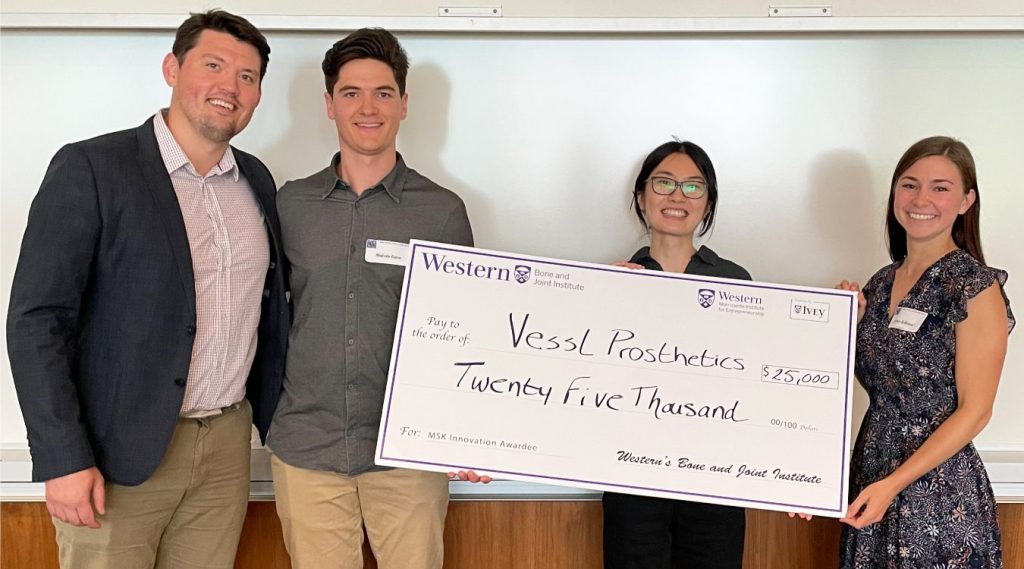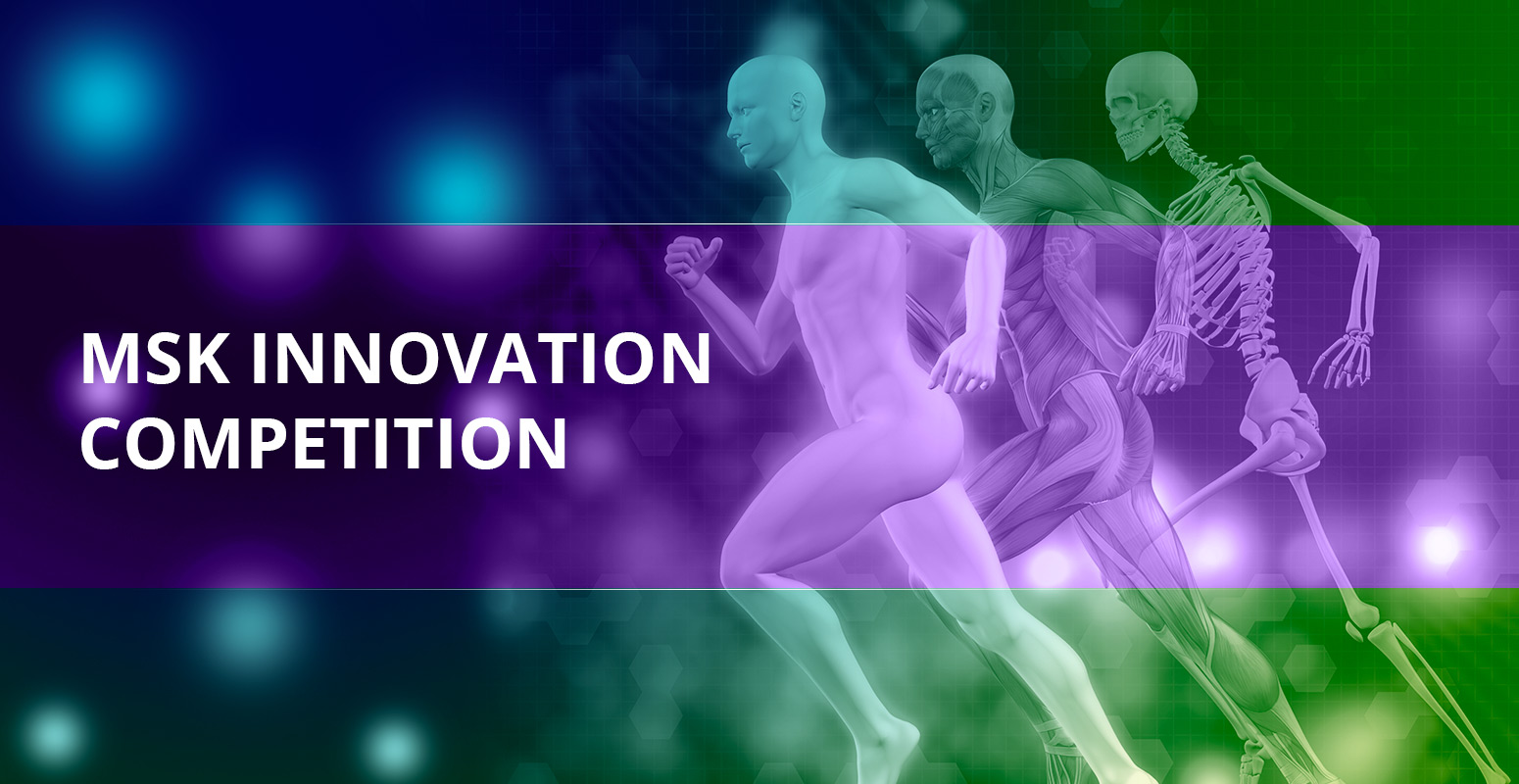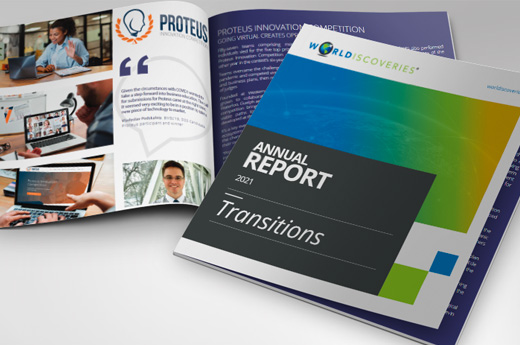The Western Innovation Fellows (MIF) have won a cash prize of $25,000 by landing the top position in the 2022 MSK Innovation Competition.
First launched in the spring of 2019, the MSK competition aims to cultivate innovative ideas that can be pitched to investors and promote an entrepreneurial spirit. The stage of development is not restricted for entrants and anyone on the commercialization path is welcome to participate. The competition is open to all London-based entrepreneurial musculoskeletal experts. The initiative is hosted by the Bone and Joint Institute and the Morrissette Institute for Entrepreneurship at Western.
This five-stage competition includes an innovation workshop, submission of initial proposals, selection of teams, a mentorship program for selected participants and a final pitch event. The fellows did extensive research into the user experience of their technology and studied the market potential for their technology.
The final pitches were overseen by a panel of judges comprised of a business development expert, an industry executive and a medical professional from the Southwestern Ontario innovation ecosystem.
The team made up of fellows Oleksiy Zaika and Sydney Robinson pitched their startup, Vessl Prosthetics, which produces a solution that adjusts independently to change how amputees interact with their prostheses – enhancing comfort by avoiding common problems related to socket fit. Vessl’s invention is a simple, intuitive, and easy to use socket system that passively adjusts to changes in limb volume.
Fellows Xinyi Li and Malcolm Eaton both contributed to the startup’s solution. Li worked on socket and material design and patentability while Eaton developed business plans, financials, and product development plans respectively for the technology. Li and Eaton also helped prepare Zaika and Robinson for their pitch.

“We wanted to make sure we were as prepared as possible for this competition,” said Zaika. The duo would do daily morning pitch practices and met with various academic and industry mentors. Robinson and Zaika would regularly practice from memory with each other, even on their drive to Waterloo where they are a participating in the Velocity Incubator Program.
“Pitch competitions require a lot of preparation, from ensuring that slides flow together well and look professional, to memorizing the presentation material and preparing answers to all possible business-related questions,” said Zaika.
“This prize has enormous implications for our company,” said Robinson on taking home first prize.
“Having access to this kind of capital early allows us to build our MVP without shortcuts along an expedited timeline. We are excited and thankful that we will have the opportunity to stick to our validation and testing timeline with this funding,” she continued.
The fellows are exploring other funding options to accelerate their startup’s progress such as grants and other life science pitch competitions.


